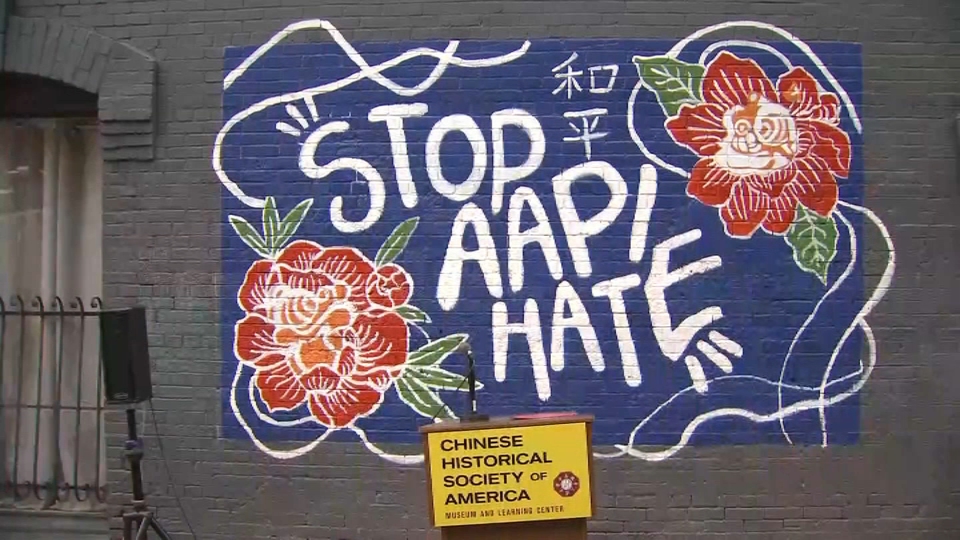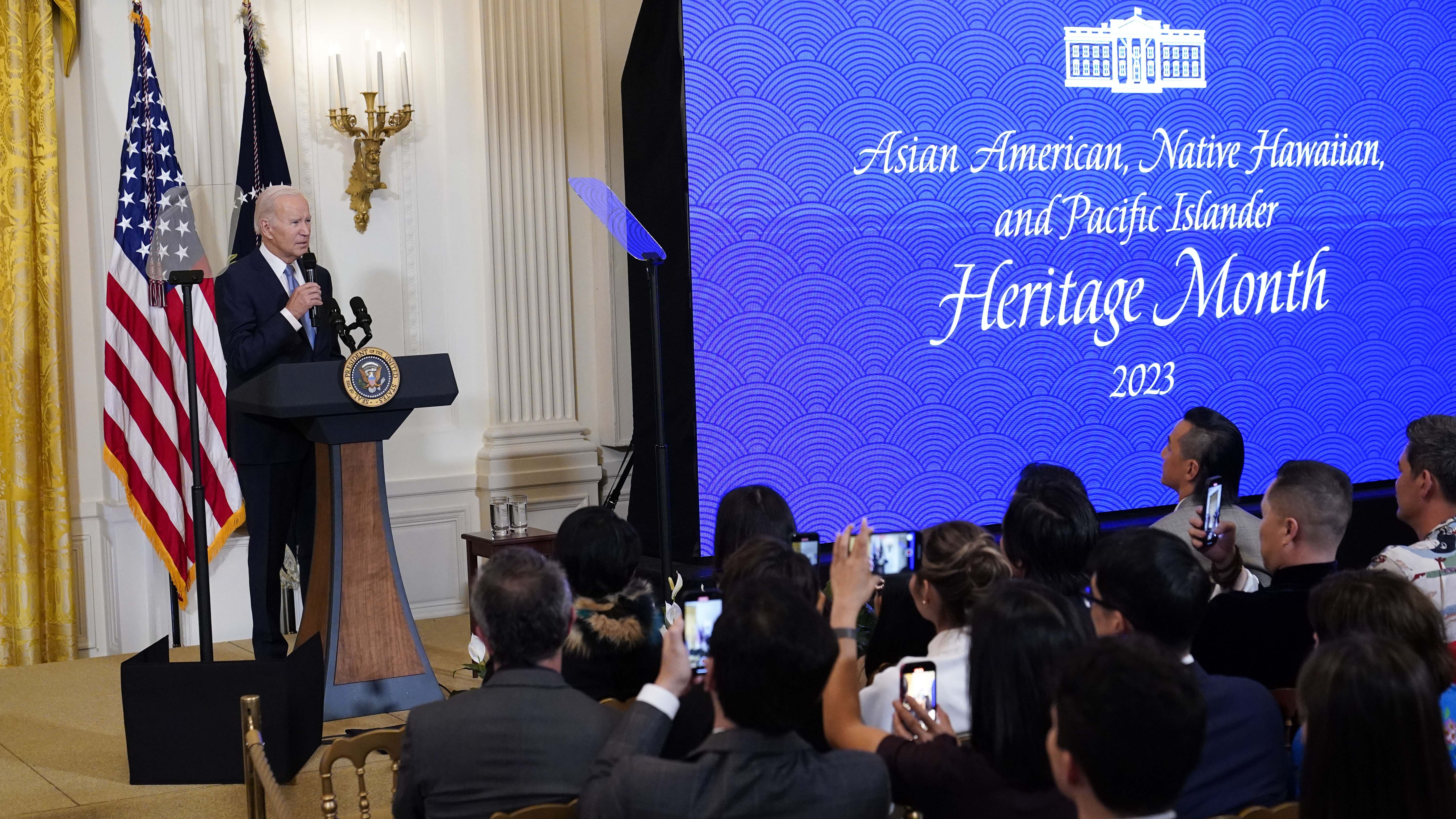A South Los Angeles community gathered Thursday to honor the life and legacy of a community leader who spent decades providing resources, preventative education to those suffering from mental health illnesses and substance abuse issues.
Michael Watanabe, the founding leader and the former president of the Asian American Drug Abuse Program (AADAP), passed away last November after working nearly half a century with the organization to provide substance abuse prevention education and provide mental health treatments in South LA.
The ceremony took place at Holman United Methodist Church, starting with a Hawaiian procession, highlighting the Hawaii native’s cultural roots.
“It was his legacy to try to help folks that are trying to get clean. He did a lot for the community,” Dean Nakanishi, the current CEO of the organization, said. “Primarily educating folks that there's a need for treatment, services for everybody, but also in the Asian American Pacific Islander community.”
Get Southern California news, weather forecasts and entertainment stories to your inbox. Sign up for NBC LA newsletters.
The nonprofit started in the 1970s when 31 Asian American youth died of drug overdose, according to the foundation’s website, as a way to educate the Asian American community about drug abuse. Nearly five decades later, the AADAP continues to be one of the few programs in the nation that specifically provide substance abuse and mental health support to Asian and Pacific Islanders.
Mentoring LA Mayor Karen Bass
As Watanabe collaborated with other ethnic groups in South Los Angeles, he worked closely with Black and Brown communities.
In the 80s, he began working with then-community organizer Karen Bass, who described Watanabe to be her “bridge, guide and mentor.”
“I wanted to start an organization but I really didn’t know anything about addiction except it was devastating the community,” Bass said during the ceremony, describing how the crack cocaine epidemic was devastating the South LA community in the 80s. “Mike tapped me on the back. In a calm, humble way, he set me straight and told me what I needed to do.”
Fighting mental health stigma
When the AADAP first started its work, convincing Asian Americans that they or their family members needed treatment for mental health struggles was a hurdle in itself, recalled Nakanishi, who worked with Watanabe almost every day for more than three decades.
“The Asian community is very proud about who they are. We're supposed to become professionals, and we're supposed to have a very stable life with the family. Anytime you stray from that, it's very shameful for the family,” Nakanishi explained. “Many families aren't willing to be open about their problems.”
The current CEO of the AADAP said while progress has been made over the years, the prejudice appears to still linger around mental health issues among Asians and Pacific Islanders.
“When folks see addiction flyers on our table [at events], they'll kind of put their head down and just keep walking,” Nakanishi said. “They don't want to address the issue. They don't want to even talk about the issue.”
Continuing Watanabe’s legacy
Despite Watanabe’s passing, staff at the Asian American Drug Abuse Program is committed to providing life-changing services to the South LA and AANHPI community.
The group has been hosting seminars that aim to educate Asian groups about addiction in different languages, including Thai and Japan.
On Wednesday, June 12, the group is hosting a Korean-language seminar with an expert panel of doctors and medical professionals.
“A lot of times when we do this event, we have trouble because of the shame and stigma. They don't show up,” Nakanishi said.
But the organization is hoping to educate more Koreans about addiction and substance abuse by working with the Korean consulate office.



